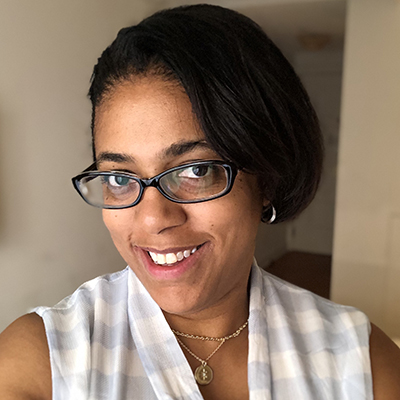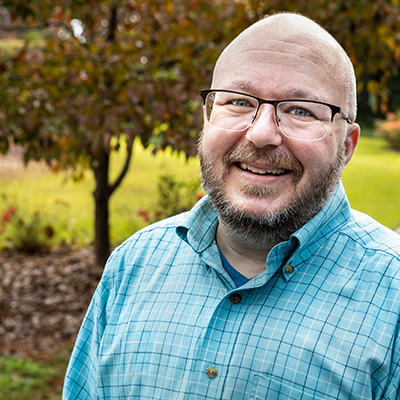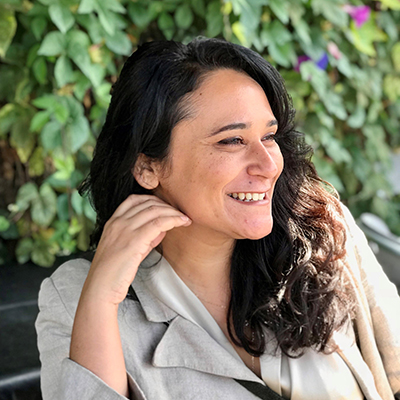Advocates working with and for communities of color have a unique opportunity to play a critical role in advancing race equity.
February 16, 2023
Structural racism leads to striking disparities in access to health care, housing, education, and employment for people of color. These disparities limit access to opportunity and disenfranchise and marginalize communities who are most impacted by the effects of poverty.
Advocates working with and for communities of color have a unique opportunity to play a critical role in advancing race equity. A race equity focus requires an examination of your organization’s approach both internally, within its structure and programs, and externally, with the communities that you serve. Are you working with community to understand problems from their perspective? How do you translate large problems into actionable issues and goals? What tools do you use? How do you construct campaigns? What do our organizations need to look like to effectuate change?
Most of us didn’t learn how to approach legal advocacy from a racial justice perspective in school. Racial justice advocacy requires new ways of thinking about the problems our clients face, and how to work with the communities we serve. Effective anti-poverty advocacy must not only address people’s basic needs, but also advance equitable opportunity and build movement toward systemic change.
The Racial Justice Institute (RJI) teaches advocates how to engage successfully in racial justice work within their daily practices, organizations, and communities. We talked to three RJI fellows to learn more about their experiences with the RJI program and how the skills they acquired in RJI and the relationships they forged have transformed their practice.

Renee Willis
Senior Vice President for Racial Equity, Diversity, and Inclusion
National Low Income Housing Coalition
Racial Justice Institute Class of 2020
The National Low Income Housing Coalition (NLIHC) is dedicated to achieving racially and socially equitable public policy that ensures people with the lowest incomes have quality homes that are accessible and affordable in communities of their choice. Today, 14 million people live in high poverty communities, and the numbers are rising, nearly doubling since 2000. The devastating effects are felt most profoundly within communities of color. One in every four poor Black families and one in every seven poor Latino families lives in concentrated poverty; only one in every 13 white families does. Our housing crisis is the result of centuries of structural racism that continues today. Communities of color have systematically and purposefully been excluded from equal access to housing, community supports, and opportunities for economic mobility. NLIHC is working to right these wrongs by working towards racial equity in housing.
Coming into RJI, I was most interested in building transformational relationships with a network of leaders working to advance racial equity in urban, suburban, and rural communities across the country. During the fellowship, my RJI team focused on Opportunity Starts at Home—a cross-sector campaign that brings new stakeholders in education, health care, civil rights, LBGTQ rights, and other sectors to advocate for increased housing resources for people with the lowest incomes. Our team worked to complement ongoing efforts to assess how the campaign could further elevate racial equity within its work.
RJI made me even more focused on systems work. The program helped me better understand the dynamic and adaptive nature of systems, recognize that systems resist change, and find levers to transform or dismantle systems. Systems thinking allows me to better understand how to design solutions and craft effective interventions to address homelessness and housing insecurity.
Be prepared to be transformed by the dynamic speakers and robust conversations you’ll have during your time as a fellow at RJI. The depth of conversations among fellows and RJI staff/coaches surprised me! RJI will help you will think critically about the world around you, question your assumptions, and understand your role in creating communities that are welcoming, safe, and open to all.

Cole Thaler
Saturday Lawyer Program Managing Attorney
Atlanta Volunteer Lawyers Foundation
Racial Justice Institute Class of 2019
In 2019, three coworkers and I recognized that we needed a vocabulary and framework to kickstart crucial conversations about racial justice at Atlanta Volunteer Lawyers Foundation (AVLF). Although 80% of AVLF’s clients are Black, virtually no staff-wide conversations were taking place around what it means to do our work in ways that are explicitly anti-racist. And there was no space for open, frank dialogue about the fact that white supremacy norms are entrenched at our organization. We attended RJI to learn how to become better advocates for our clients and agents of change within our organization.
Law school taught me that my role as an attorney is to be the authoritative expert who has wisdom and objectivity that clients lack. The RJI curriculum helped me recognize my location within racialized systems and gave me the analytical tools to work with community members while working to mitigate my own biases. My advocacy is more effective, and my relationships with clients and communities have become more principled and authentic.
RJI will help you to bring your work into greater alignment with your values. I continue to integrate and expand upon what I learned in the RJI sessions. Former fellows stay connected through an active listserv that advocates use to share resources, solve problems, and brainstorm. The Shriver Center invites past participants to support the program in various ways, fostering ongoing engagement in this important work.

Navneet Grewal
Litigation Counsel
Disability Rights California
Racial Justice Institute Class of 2014
I became a housing justice advocate because I believed it was central to undoing the consequences of structural racism. But figuring out how to do that within our legal system was extremely challenging. I applied to RJI because I knew I needed to better understand the specific tools we can use in law, policy, and direct services advocacy to further racial justice, and to learn how others have made racial justice central to their legal services work.
RJI made me more thoughtful about how to choose, engage in, and work on our advocacy strategically. It also committed me to consistently trying to improve how we approach our work—by learning from our colleagues and comrades, staying updated on the legal landscape around racial justice, and recognizing the importance of aligning our organizations to move racial justice work forward.
As a result, I now incorporate various systems thinking tools in my work. These help me to assess which cases to prioritize and what narratives and legal theories to push forward. I also regularly refer back to RJI materials to help work my way through how to frame a narrative in a complaint. Perhaps most importantly, I remain very conscious of determining if we are centering, being led by, or being responsive to people most impacted by an issue.
It is more important than ever for advocates to understand and address issues of race, implicit bias, and how to affirmatively advance racial equity. Learn more about the Racial Justice Institute and apply today.